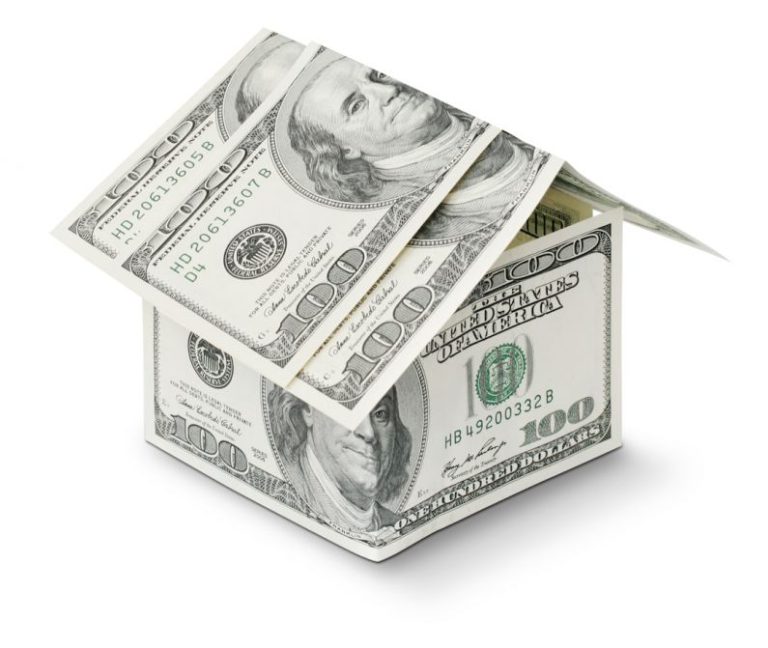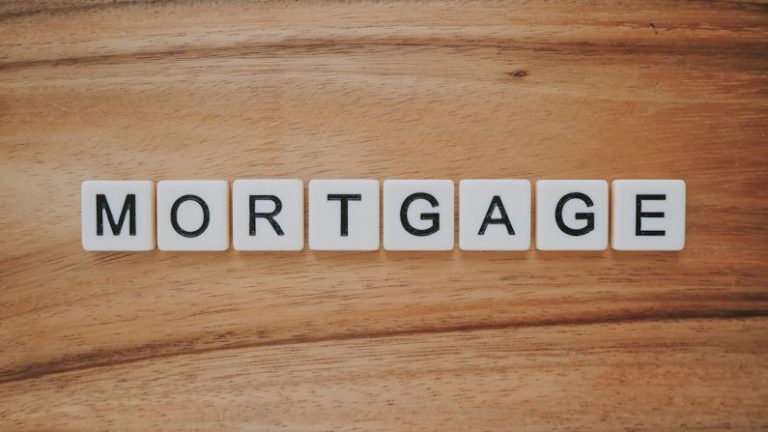
When it comes to financing a home, one of the most critical decisions you’ll make is choosing between a fixed-rate and adjustable-rate mortgage. Both options have their pros and cons, and understanding the differences between them can help you make an informed decision that aligns with your financial goals and circumstances.
**Fixed-Rate Mortgage**
A fixed-rate mortgage is a loan where the interest rate remains the same for the entire term of the loan, providing predictability and stability to homeowners. This means that your monthly payments will remain constant throughout the life of the loan, making it easier to budget and plan for the future. Fixed-rate mortgages are typically available in 15, 20, or 30-year terms, with the 30-year term being the most common.
One of the key advantages of a fixed-rate mortgage is that it offers protection against rising interest rates. If you lock in a low rate at the beginning of your loan term, you won’t have to worry about your payments increasing, even if market rates go up. This can provide peace of mind and help you avoid financial uncertainty down the road.
However, the downside of a fixed-rate mortgage is that you may end up paying a higher interest rate compared to an adjustable-rate mortgage, especially if interest rates are low when you take out the loan. Additionally, if you plan to move or refinance within a few years, a fixed-rate mortgage may not be the most cost-effective option due to the higher initial interest rates.
**Adjustable-Rate Mortgage**
On the other hand, an adjustable-rate mortgage (ARM) is a loan where the interest rate can fluctuate over time based on market conditions. ARMs typically have an initial fixed-rate period, after which the rate adjusts periodically according to a predetermined index. Common ARMs are 5/1, 7/1, and 10/1, where the first number represents the initial fixed period in years, and the second number indicates how often the rate can adjust after that.
One of the main advantages of an ARM is that it often starts with a lower initial interest rate compared to a fixed-rate mortgage. This can result in lower monthly payments in the beginning, which may be beneficial if you plan to sell or refinance before the initial fixed period ends. Additionally, if interest rates decrease over time, you could potentially benefit from lower payments in the future.
However, the downside of an ARM is the uncertainty associated with potential rate adjustments. If interest rates rise, your monthly payments could increase significantly, leading to financial strain. It’s essential to carefully consider your financial situation and future plans before opting for an ARM to ensure that you can handle potential rate increases.
**Making the Right Choice**
Choosing between a fixed-rate and adjustable-rate mortgage ultimately depends on your individual circumstances and financial goals. If you prioritize stability and predictability in your monthly payments, a fixed-rate mortgage may be the better option for you. On the other hand, if you are comfortable with some level of risk and want to take advantage of lower initial rates, an ARM could be a suitable choice.
Before making a decision, consider factors such as how long you plan to stay in the home, your tolerance for risk, and your overall financial situation. Consulting with a mortgage lender or financial advisor can also help you weigh the pros and cons of each option and make an informed choice that aligns with your long-term objectives.
**In Conclusion**
Deciding between a fixed-rate and adjustable-rate mortgage is a significant financial decision that can have long-lasting implications for your homeownership journey. By understanding the differences between these two types of loans and considering your individual circumstances, you can choose the option that best suits your needs and helps you achieve your homeownership goals. Whether you value stability or flexibility in your mortgage payments, the key is to make an informed choice that aligns with your financial outlook and future plans.





